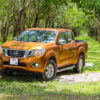From their inception in the late 19th century to today’s cutting-edge models, motorcycles have undergone a fascinating evolution. They represent freedom, innovation, and a unique blend of art and engineering. Join us as we journey through ten pivotal milestones that have shaped the rich history of these two-wheeled marvels.
Contents
The Invention of the Daimler Reitwagen (1885)
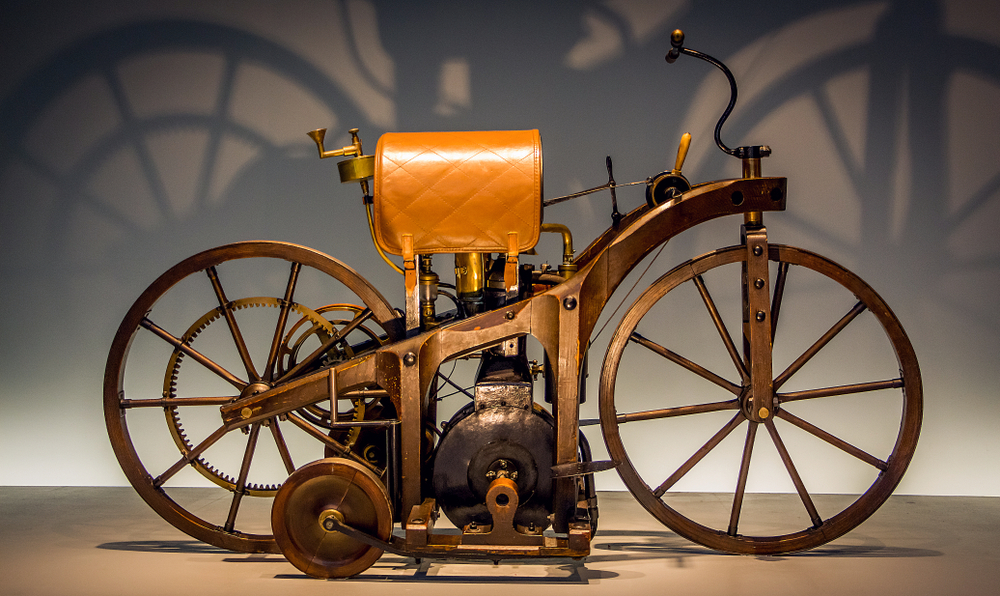
Often credited as the first-ever motorcycle, the Daimler Reitwagen was created by German engineers Gottlieb Daimler and Wilhelm Maybach. It featured a wooden frame, a 0.5 horsepower engine, and was a pioneering demonstration of the internal combustion engine’s potential.
Harley-Davidson’s Founding (1903)

Few brands are as synonymous with motorcycles as Harley-Davidson. Founded in a small shed by William S. Harley and the Davidson brothers, the company would evolve into an American icon, embodying the spirit of freedom and the open road.
Introduction of the V-twin Engine (1909)
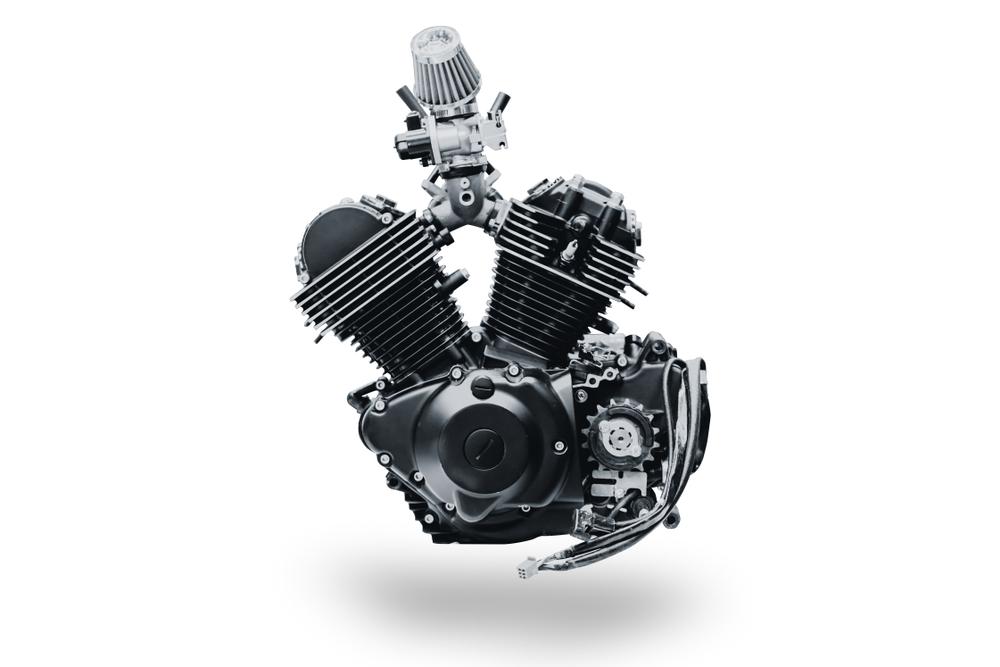
Harley-Davidson unveiled its V-twin engine in 1909, offering increased power and torque. The V-twin became a defining characteristic of Harley bikes and is now a staple in motorcycle design.
Birth of the Superbike: Honda CB750 (1969)
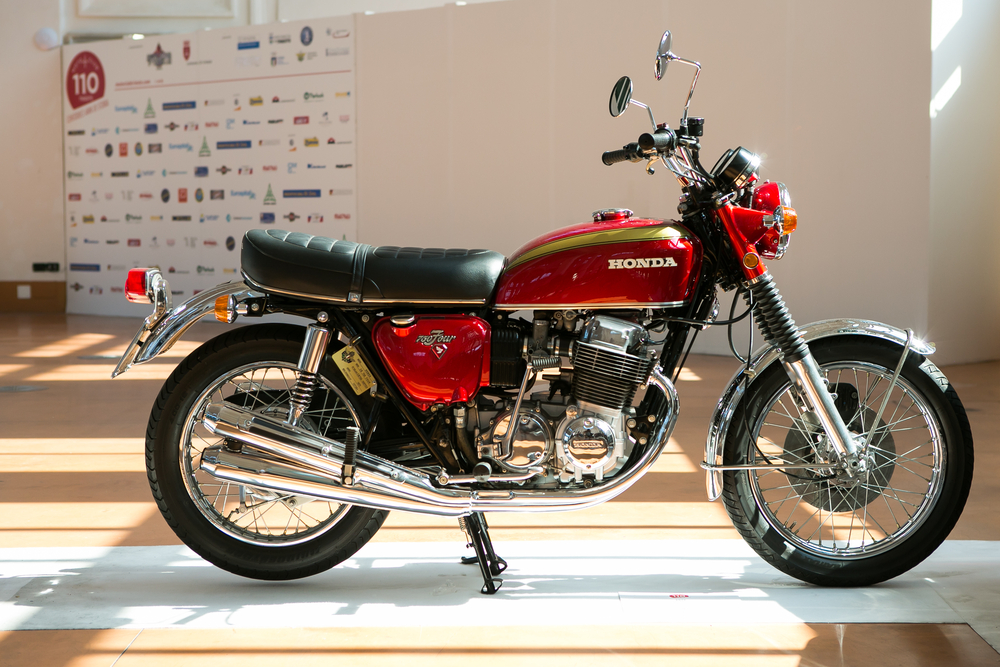
The Honda CB750 is often considered the world’s first “superbike.” With an electric start and an inline-four engine, it offered unparalleled power for its time and reshaped the motorcycle landscape.
The Rise of Motorcycle Racing: Isle of Man TT (1907)
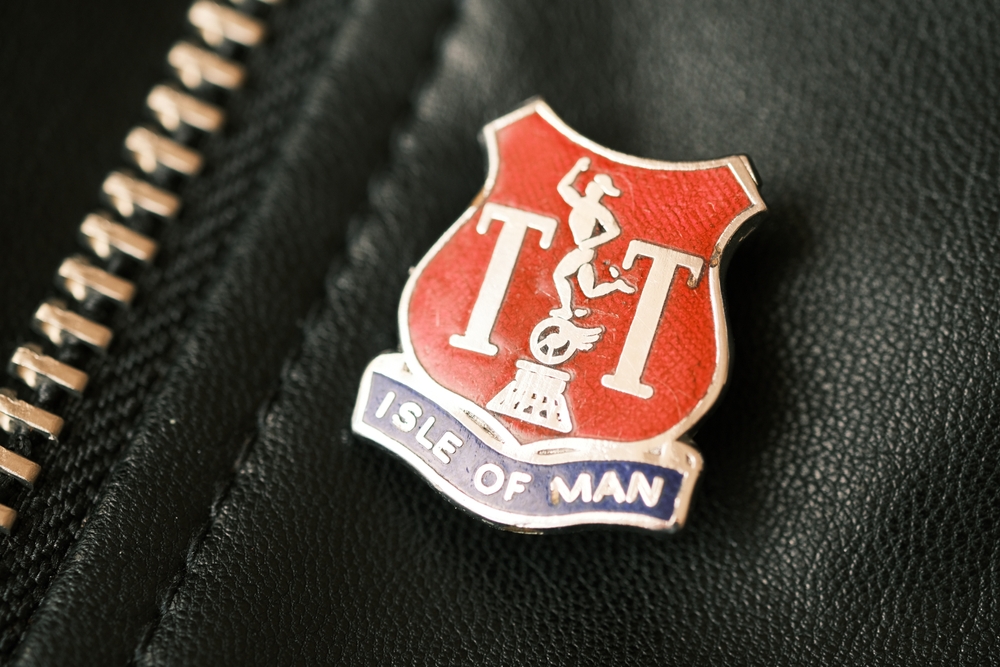
The inaugural Isle of Man TT race in 1907 marked the beginning of professional motorcycle racing. This event, with its challenging course and international recognition, has become a proving ground for riders and manufacturers alike.
BMW’s Anti-lock Brake System (ABS) (1988)
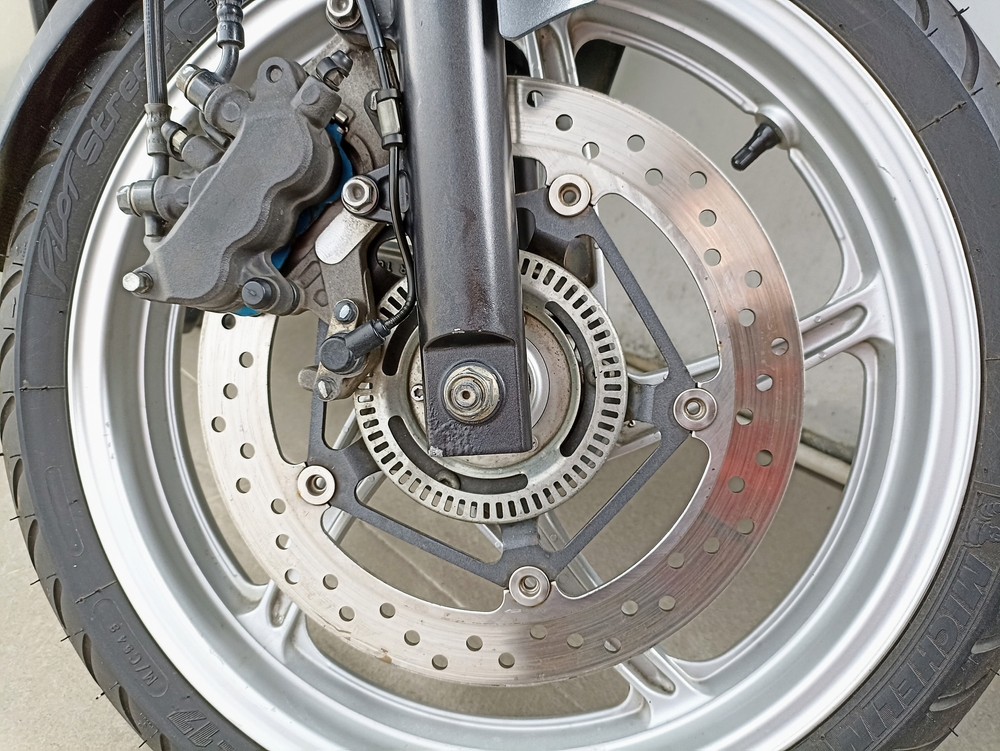
Safety took a leap forward in 1988 when BMW introduced the first motorcycle with an anti-lock brake system. ABS drastically reduced accident rates and is now a standard feature in most modern motorcycles. (Note that a standard Motorcycle’s Anti-lock Braking System (ABS) is pictured above).
The Advent of the Electric Motorcycle: Zero Motorcycles (2006)

Zero Motorcycles, founded in 2006, championed the shift towards electric propulsion in the biking world. With models like the Zero S, they’ve demonstrated that electric bikes can match, if not surpass, the performance of their gasoline counterparts. (Note that a Zero FX variety is pictured above).
First Motorcycle to Exceed 300 kph: Dodge Tomahawk (2003)
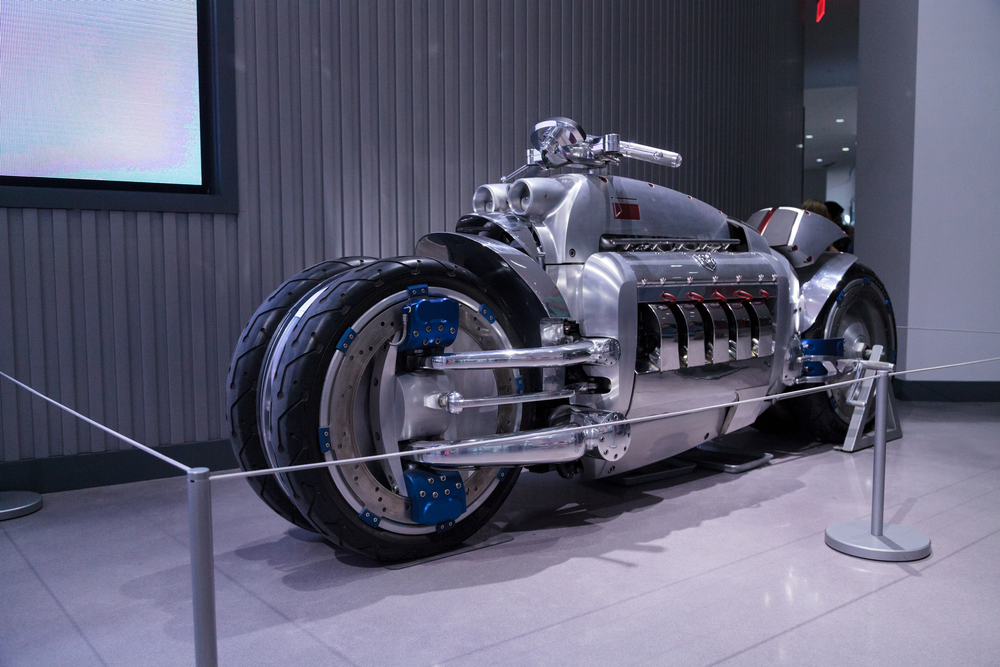
Though largely a concept, the Dodge Tomahawk grabbed headlines as the first motorcycle to surpass 300 kph. It featured a monstrous 8.3-liter V10 engine, pushing the boundaries of motorcycle design and performance.
Introduction of Traction Control Systems

Traction control, which prevents wheel spin during acceleration, was first introduced in high-end bikes in the early 2000s. Brands like Ducati and BMW were pioneers, ensuring greater safety, especially in unfavorable riding conditions.
Royal Enfield’s Bullet: The Longest Motorcycle Production Run

Produced since 1931, Royal Enfield’s Bullet holds the record for the longest continuous motorcycle production. Its timeless design and reliability have made it an enduring favorite, especially in markets like India.
This article originally appeared on MyCarMakesNoise.
More from MyCarMakesNoise
20 Underrated Muscle Cars That Deserve to be Rediscovered

These underrated classics, either overshadowed by more famous models, made by smaller companies, or simply ahead of their time, have their own unique mix of performance, style, and charm that should be celebrated. Read More.
15 Illegal Car Modifications That Are Actually Pretty Cool

From tinted windows that exude mystery to powerful bass stereo systems that elevate your music experience, these illegal car modifications may be tempting but come with a price. Read More.
10 of the Rarest Trucks Ever Manufactured

From vintage classics with limited production runs to high-performance powerhouses that have become automotive gems, join us in uncovering the exceptional trucks that have earned legendary status among enthusiasts and collectors alike. Read More.













